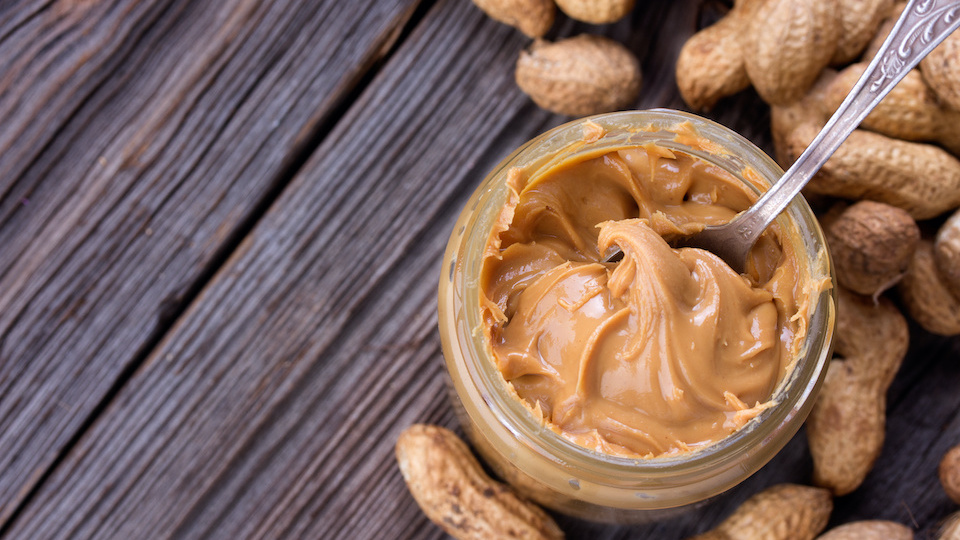If you frequently take anti-inflammatory medications such as ibuprofen for headaches and joint or muscle pain, or if you’re on a prescription anti-inflammatory medication for any type of chronic condition or pain management plan… this article is for you. These drugs can help to relieve inflammatory pain, but they may also lead to a wide array of side effects — some of them very serious. Considering that there are so many safe and effective ways to manage inflammation naturally, these medications are grossly overused.
A new report by Advera Health Analytics and Atlantic Information Services, titled The Cost and Impact of Adverse Effects: Anti-Inflammatory Drugs, analyzed a huge amount of data from the FDA’s Adverse Event Reporting System and arrived at some worrying conclusions. The report states that between 2010 and 2014, side effects from anti-inflammatory drugs cost the United States 2.2 billion dollars. This is a monumentally high price tag for treating side effects of medications that are supposed to be making us feel better.
The results of the analysis get even more disturbing. The report authors found that many common anti-inflammatory drugs have some truly troubling effects, many that are not listed on drug warning labels. These effects include gastrointestinal problems, immunological conditions, and more. The report itself reads like a book: there is a great deal of information, with a high level of detail. The most unsettling issue is that people take these medications to help ease the pain of various chronic conditions… and in many cases, they are actually making their health worse in the process.
– Indigestion, nausea, and stomach pain
– Headache (even though they are used to treat headaches!)
– Diarrhea
– Ulcers in the stomach or intestine
– Dizziness
– Elevated blood pressure
– Kidney damage
– Elevated liver function tests
Anti-inflammatory medications are powerful, but they come at a high cost, both physically and financially. Besides the fact that these drugs can be dangerous, they are very often used to treat problems that can be effectively managed with less potent and less costly tools. To manage inflammation of all sorts, there is a great value in living an anti-inflammatory lifestyle, including eating an anti-inflammatory diet.
For starters:
– Eliminate junk foods from your diet. These contain unhealthy fats and oils, such as trans fats and processed omega-6 oils, which encourage inflammation.
– Eat an ample amount of foods containing omega-3 oils, such as coldwater fish, nuts, seeds, and plant derived oils. These foods are our allies in the battle against inflammation.
– Start to experiment with herbs and spices in your cooking. A great place to start is with turmeric, the famous Indian curry spice that has remarkable anti-inflammatory activity. There are also many others that add a punch of flavor, along with adding antioxidant, inflammation-fighting potential.
In over 15 years of practice, I meet so many patients that come to me looking for alternatives to prescription medications, especially anti-inflammatories. There is no question that the right combination of dietary improvements, physical activity, lifestyle changes, and nutritional and herbal medicine can safely and effectively decrease the inflammation… and the only side effect is feeling better.
– Dr. Joshua Levitt









